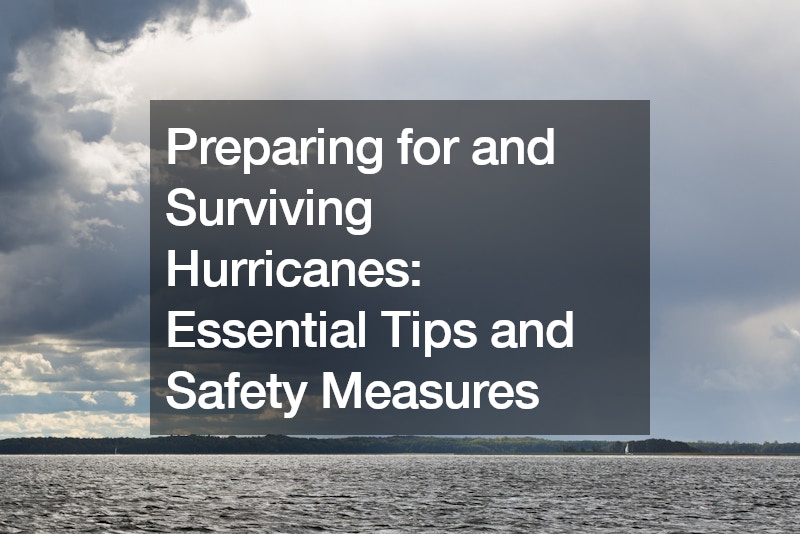Hurricanes, the strongest storms on Earth, can leave a path of destruction in their wake. However, by understanding these storms and taking proactive steps, you can significantly increase your chances of staying safe. Here’s a guide on how to prepare for, survive, and recover from a hurricane.
Understanding the Threat
Hurricanes are massive rotating storms that form over warm ocean waters. They are fueled by the energy released from the condensation of water vapor.
These storms are categorized on the Saffir-Simpson Hurricane Wind Scale, with Category 1 being the least destructive and Category 5 causing catastrophic damage. Hurricanes bring heavy rains that can lead to flooding, powerful winds that can tear down buildings, and storm surges that can inundate coastal areas.
Preparation is Key
Being prepared for a hurricane is crucial. Here are some essential steps to take:
- Develop a plan: Formulate a family emergency plan that outlines evacuation routes, communication strategies, and designated shelters. Discuss the plan with everyone in your household and ensure everyone knows their role.
- Assemble an emergency kit: Prepare a well-stocked emergency kit for your family. This kit should include at least three days’ worth of non-perishable food, bottled water, a first-aid kit, a battery-powered radio, flashlights with extra batteries, a manual can opener, personal hygiene items, and important documents in waterproof containers.
- Secure your home: Fortify your home by boarding up windows with plywood or hurricane shutters. Trim overhanging branches and secure loose outdoor furniture and decorations to prevent them from becoming projectiles in high winds.
- Invest in a backup generator: A backup generator can provide essential power during an outage, allowing you to keep vital appliances like refrigerators and medical equipment running. Consider the size and fuel source of the generator based on your needs.
- Stay informed: Monitor weather reports closely and pay attention to official warnings and evacuation orders issued by local authorities.
Surviving the Storm
If a hurricane is approaching and you are instructed to evacuate, do so immediately. Here are some tips if you decide to stay home:
- Find a safe shelter: Identify a sturdy interior room on the lowest level of your home, preferably a bathroom or closet, away from windows and doors.
- Stay inside: Remain indoors throughout the storm, even if the eye of the hurricane passes overhead, as winds can suddenly pick up again.
- Turn off utilities: If instructed, turn off gas and water lines to prevent leaks and potential fires.
- Use flashlights: Avoid using candles due to the fire risk. Rely on flashlights for light during the power outage.
- Stay updated: Use a battery-powered radio to stay informed about weather updates and instructions from emergency services.
Recovery Efforts
After the storm has passed, proceed with caution. Here are some essential post-hurricane actions:
- Wait for the all-clear: Do not venture outside until authorities have declared it safe. Downed power lines, debris, and flooding pose significant safety hazards.
- Assess damage: Inspect your home for damage and take photos and videos to document any issues.
- Utilize your backup generator: A backup generator can provide much-needed power while utility crews work to restore service.
- Contact your insurance company: If your home is damaged, contact your insurance company to file a claim.
- Beware of hazards: Be cautious of fallen power lines, flooded areas, and debris that can conceal dangers.
- Practice hygiene: Discard spoiled food and disinfect anything contaminated by floodwater or sewage.
- Help others: Once your situation is stable, offer assistance to your neighbors and community members who may need help.
Hurricanes are a serious threat, but by being prepared and taking appropriate precautions, you can significantly improve your chances of staying safe during these powerful storms. Remember, preparation is key. Invest in a well-stocked emergency kit, secure your home, and have a backup generator readily available. By following these safety measures and staying informed, you can weather the storm and emerge ready to rebuild.
.


